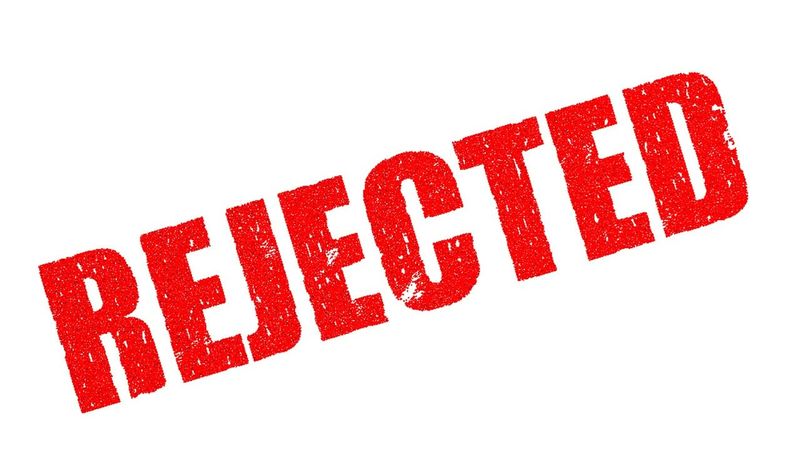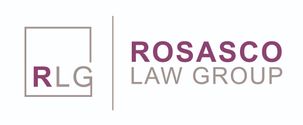Election Recap: CA Voters Reject Proposal to Up Minimum Wage

For the first time in recent memory, voters in California have rejected a bid to increase the minimum wage. Currently, state and Local Laws set minimum wages. Employers must pay their workers at least the minimum wage, which in California currently is $16 per hour and will increase to $16.50 on January 1, 2025. Some local governments have higher minimum wages. Minimum wage laws do not apply to independent contractors and other self-employed people.
Proposition 32 on this year’s ballot included the following proposals:
- Higher Minimum Wage in 2025. In 2025, California would have different minimum wages for employers of different sizes. Employers with 26 or more employees would have a minimum wage of $18 per hour. Employers with 25 or fewer employees would have a minimum wage of $17 per hour. Without Proposition 32, the minimum wage for all employees would be about $16.50 per hour. The proposition would not change any local or industry-specific minimum wages.
- Minimum Wage $18 Per Hour in 2026. In 2026, the minimum wage would be $18 per hour for all employees. Without Proposition 32, it likely would be about $17 per hour.
- Inflation Adjustments Paused Until 2027. The minimum wage would be adjusted for inflation every year starting in 2027.
A YES vote on this measure would have meant that the state minimum wage would be $18 per hour in 2026. After that, it would go up each year based on how fast prices are going up. A NO vote on this measure would have meant that the state minimum wage likely would be about $17 per hour in 2026. After that, it would go up each year based on how fast prices are going up.
Supporters of the initiative included the California Living Wage Act. Joe Sanberg, an investor who initiated Proposition 32 on the ballot, stated "The time is now, because the pandemic has heightened the people’s understanding of the realities so many Californians face. Cost of living is rising faster and faster... but wages haven’t increased commensurately." Saru Jayaraman, director of the Food Labor Research Center at UC Berkeley noted that “Thousands of restaurants nationwide are already raising wages to try to recruit staff, but many are finding that workers will not come back to the industry until these wage increases are permanent. This ballot measure is critical to allow service workers to come back to work in restaurants and to allow California restaurants to fully reopen."
One of the proposal’s opponents, John Kabateck, state director of the National Federation of Independent Business, argued, "Market, not politicians and bureaucrats, ought to be dictating the financial growth and success of working men and women in California. Let the market dictate this and let’s stop sending the message that mediocrity is a pathway to professional success in California." CalChamber President and CEO Jennifer Barrera added: "If Proposition 32 is passed, Californians will see higher costs, fewer jobs and a reduction of available work hours for employees in the state. Voters need to reject this proposal because it will contribute to inflation, add to the high cost of living in California, and hurt state revenues. It will put even more pressure on our state budget." And according to the Howard Jarvis Taxpayers Association: "Unfortunately, raising the hourly minimum wage has sometimes reduced weekly wages as businesses cut hours and lay off workers. The best way to raise incomes in California is to stop driving job-creating businesses out of the state or into the ground. Raising the minimum wage is counter-productive. It also increases the state’s expenses by raising government labor costs..."
Although the outcome was quite close – 50.8 percent of voters said NO and 49.2 percent of voters said YES – the results seem to reflect the general population’s views on the state of the economy and what voters can afford at this time. Increasing the minimum wage ultimately translates to customers paying higher prices at grocery stores, restaurants and other businesses in the service sector. Voters rejecting Proposition 32 seemingly implies that adding higher prices on top of the inflation we have seen over the last couple of years is not something the average voter feels they can handle for now.
Are you a business just getting started or an established business that wants to make sure you are on the right track with any and all legal requirements? Give Rosasco Law Group a call and we can help you on your way.




